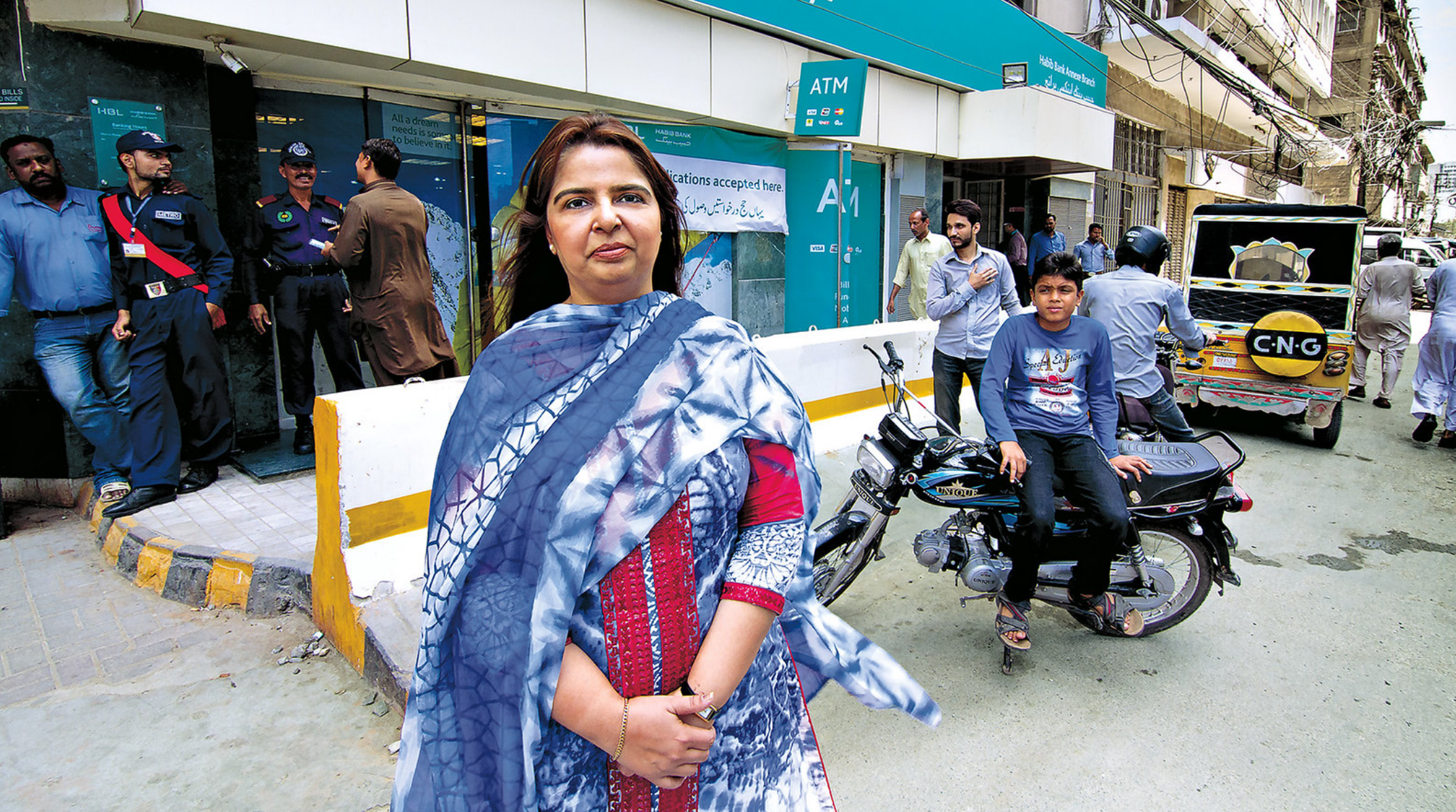Updates from the World Bank We-Fi program in Pakistan – June 2020
In Pakistan, only one percent of entrepreneurs are women. Women business owners face a myriad of challenges, ranging from legal barriers that prevent them from establishing a business, to lack of access to loans and financial know-how. The World Bank’s We-Fi program works to build capacity of women entrepreneurs, ecosystem intermediaries, as well as investors in order to increase the investment readiness of women-owned businesses.
Training the trainers
The World Bank has partnered with Village Capital and Invest2Innovate (i2i), a pioneer and leading organization in the Pakistani entrepreneurial ecosystem to design and deliver a “Training of the Trainers” program in Pakistan. The program builds the capacity of Entrepreneur Support Organizations (ESOs) to enhance their ability to support women entrepreneurs with investment readiness. This is a key ecosystem gap and is critical to increasing early stage investment in women’s businesses in Pakistan. The ESO program includes intensive curriculum delivered over four days. The program was delivered to 16 ESOs in June, with the next batch of 18 ESOs scheduled for an end-July session. The program is also running investment readiness and growth bootcamps for 300 women entrepreneurs over the course of this project, with the help of some of the newly trained ESOs. The first cohort of 22 female Pakistani entrepreneurs graduated in June.
Supporting legal reform
Under the We-Fi Advisory Program on Women, Business and the Law, the team supported the government of Pakistan in enacting amendments to Articles 31 and 37 of the Pakistan Companies Bill, which equalized the business registration process for men and women. The amendments lifted the requirement for women entrepreneurs to provide the name of their father or husband (for married women) during the company incorporation process and in particular in the submission of the company memorandum and articles of association. Under the revised articles, women and men only have to provide their own name. The team supported the authorities in drafting and reviewing the legal amendments and well as providing reference to global good practices in this area. Following the reform, entrepreneurship procedures for men and women have been fully equalized. The amendments were enacted in June, 2020.

